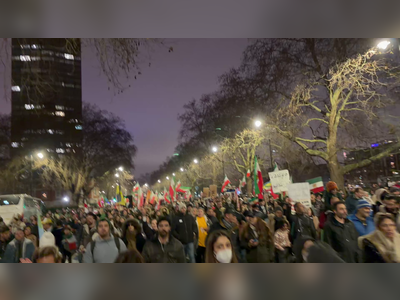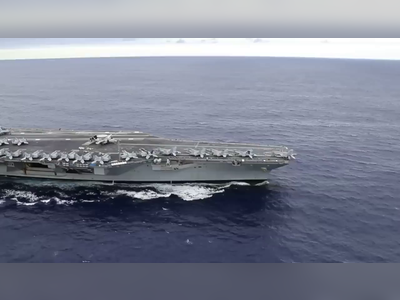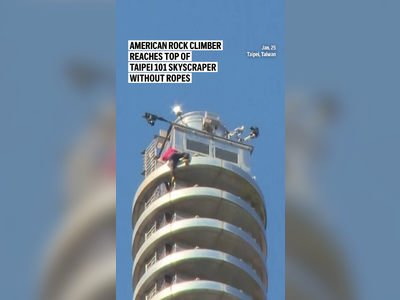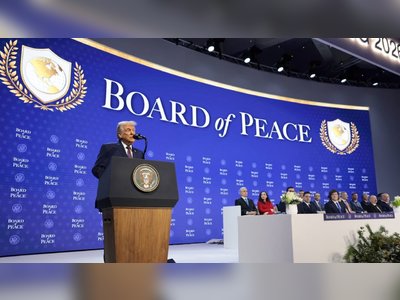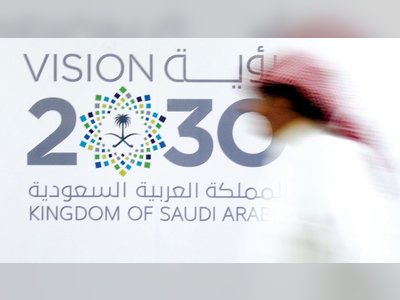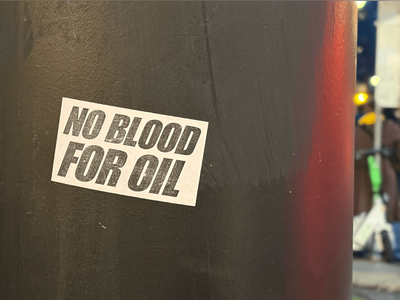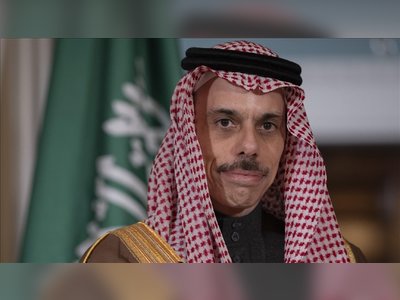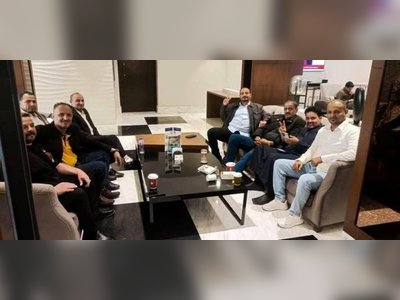Qatar's suspension of mediation efforts between Israel and Hamas has significantly impacted the chances for a ceasefire in the ongoing Gaza conflict and complicated efforts to negotiate a hostage release
Historically, Qatar has been instrumental in facilitating indirect negotiations between Israel and Hamas, leveraging its unique position in the region. It hosts the largest US military base in the Middle East and also houses Hamas's political office, giving it a role in brokering talks that few others could claim.
However, Qatar declared a pause in its mediation role, citing a lack of "willingness and seriousness" from the involved parties to reach a peaceful resolution. This halt comes after a year where little progress was made in peace talks, despite brief moments of hope such as a one-week pause in fighting last year, which saw a hostage-prisoner exchange.
Hamas's recent rejections of ceasefire proposals, along with Israel's firm stance on continuing military operations until its objectives are met—namely, the dismantling of Hamas and the safe return of hostages—have stalled negotiations. Israel accuses Hamas of sabotaging the peace process by continuously adding new demands, including a permanent military presence in Gaza, which complicates the path to a ceasefire.
Amid these tensions, there are uncertainties about Hamas’s future in Qatar. Despite rumors of a potential expulsion, Qatari officials and Hamas leaders maintain that the group's presence in Qatar primarily serves as a communication channel, which has historically helped in mediating past ceasefires.
The possibility of Hamas seeking refuge in another country like Iran or Turkey presents its own set of challenges, particularly for Turkey, a NATO member cautious of straining US relations.
With the impending inauguration of US President-elect Donald Trump, who has shown support for stringent policies on militant groups, the dynamics of Qatar-Hamas relations may shift, potentially influencing Qatar's future role in Middle Eastern geopolitics.
Qatar’s mediator role remains in limbo, with the nation expressing readiness to resume its efforts when conditions are favorable, highlighting its commitment to peace but also its strategic need to safeguard its position in international relations amid scrutiny from global powers, including the US.
Hamas's recent rejections of ceasefire proposals, along with Israel's firm stance on continuing military operations until its objectives are met—namely, the dismantling of Hamas and the safe return of hostages—have stalled negotiations. Israel accuses Hamas of sabotaging the peace process by continuously adding new demands, including a permanent military presence in Gaza, which complicates the path to a ceasefire.
Amid these tensions, there are uncertainties about Hamas’s future in Qatar. Despite rumors of a potential expulsion, Qatari officials and Hamas leaders maintain that the group's presence in Qatar primarily serves as a communication channel, which has historically helped in mediating past ceasefires.
The possibility of Hamas seeking refuge in another country like Iran or Turkey presents its own set of challenges, particularly for Turkey, a NATO member cautious of straining US relations.
With the impending inauguration of US President-elect Donald Trump, who has shown support for stringent policies on militant groups, the dynamics of Qatar-Hamas relations may shift, potentially influencing Qatar's future role in Middle Eastern geopolitics.
Qatar’s mediator role remains in limbo, with the nation expressing readiness to resume its efforts when conditions are favorable, highlighting its commitment to peace but also its strategic need to safeguard its position in international relations amid scrutiny from global powers, including the US.
